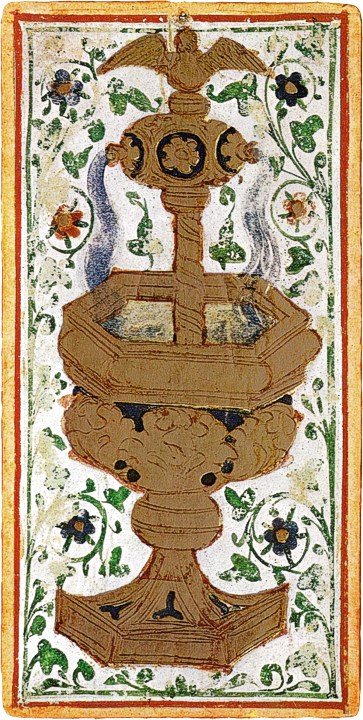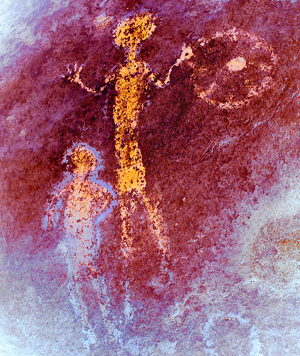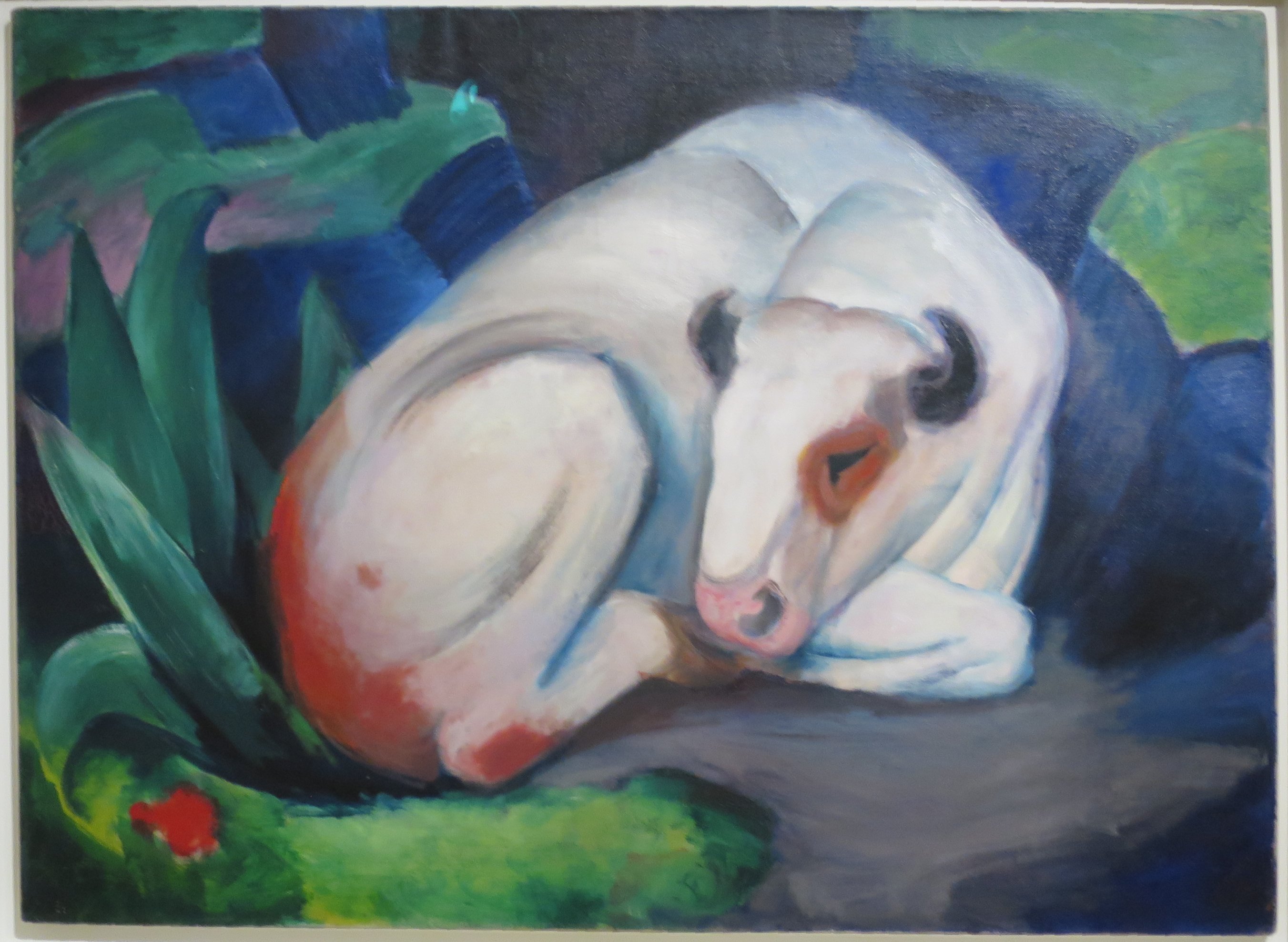I am a fan of the song “Habits (Stay High)” by Tove Lo. In it, I hear a portrait of a person living through the self-harm that comes from emotional avoidance that I’ve written about in earlier entries. The speaker of the song is living in hell. The loss of an important relationship in her life has left deep pain and grief, a grief she avoids through anonymous sex, binge drinking, and eating in the bathtub. In the refrain she repeats a defensive mantra, “I’ve got to stay high all the time / to keep you off my mind.”
What becomes clear in the song is the unwinnable situation the speaker creates for herself. She seems aware that she is living in a “haze” and a series of unsatisfying moments, temporary reprieves from her underlying pain, but she also knows that to become sober means experiencing her loneliness and pain. Unwilling to experience this, she retreats into her escape routs. The unspoken hope fueling this behavior, one might infer, is that if she simply avoids the pain long enough one day she’ll wake up and it’ll be gone. The truth, in my experience and observation, is that her behavior only locks the pain more firmly in place. Detachment from our body and heart’s capacities to experience and process emotion means losing a profound source of understanding and integrity.
My saying this should not be construed as morally condemning the singer of the song or anyone who finds themselves in that situation—a situation that is not at all rare. We do not know the life story of the singer, we do not know how she experienced pain as a child, how her family taught her to recover from or suppress the pain, whether her culture provided validation or condemnation. We do not know what traumas she might have suffered that make her pain even more unbearable.
Our culture does not train us to deal with grief. Our culture of relentless positivity and happiness labels pain as undesirable and celebrates “strong” people who proclaim (or pretend) that they don’t feel vulnerable. If we look back to the singer of “I Will Survive,” we see her willingness to acknowledge her vulnerability before moving into strength: “At first I was afraid / I was petrified.” This is a strength of integrity, accepting herself as she is. The singer of Habits is pure vulnerability unable to accept her strength, her capacity to feel. She is the shadow of the “I won’t even miss you” singer in songs like Beyoncé’s “Irreplaceable”: “Baby I won’t shed a tear for you / I won’t lose a wink of sleep.”*
Several people responding to the video on YouTube seem to think that “young people”—who are often invoked as people somehow more susceptible to the imprint of a pop song than the culture of their families and communities—will listen to this song and take it as an instructional video for how to deal with problematic emotions. I like this song because it is honest, because it speaks to something in the heart and in our communities that is uncomfortable to acknowledge. It’s easy to dismiss and criticize the person who made the song and much harder to wonder how we might support the people in our lives who are living that song—or look at the ways we stay high to avoid pain. Having compassion for a person’s suffering is not the same as agreeing with or accepting their self-harming coping strategies. This is the kind of art that provides an opportunity for connection and recognition, for someone suffering to realize they’re not alone in this.
* Of course I had to mention Beyoncé.
I am on vacation and will likely not produce an article for next week.









